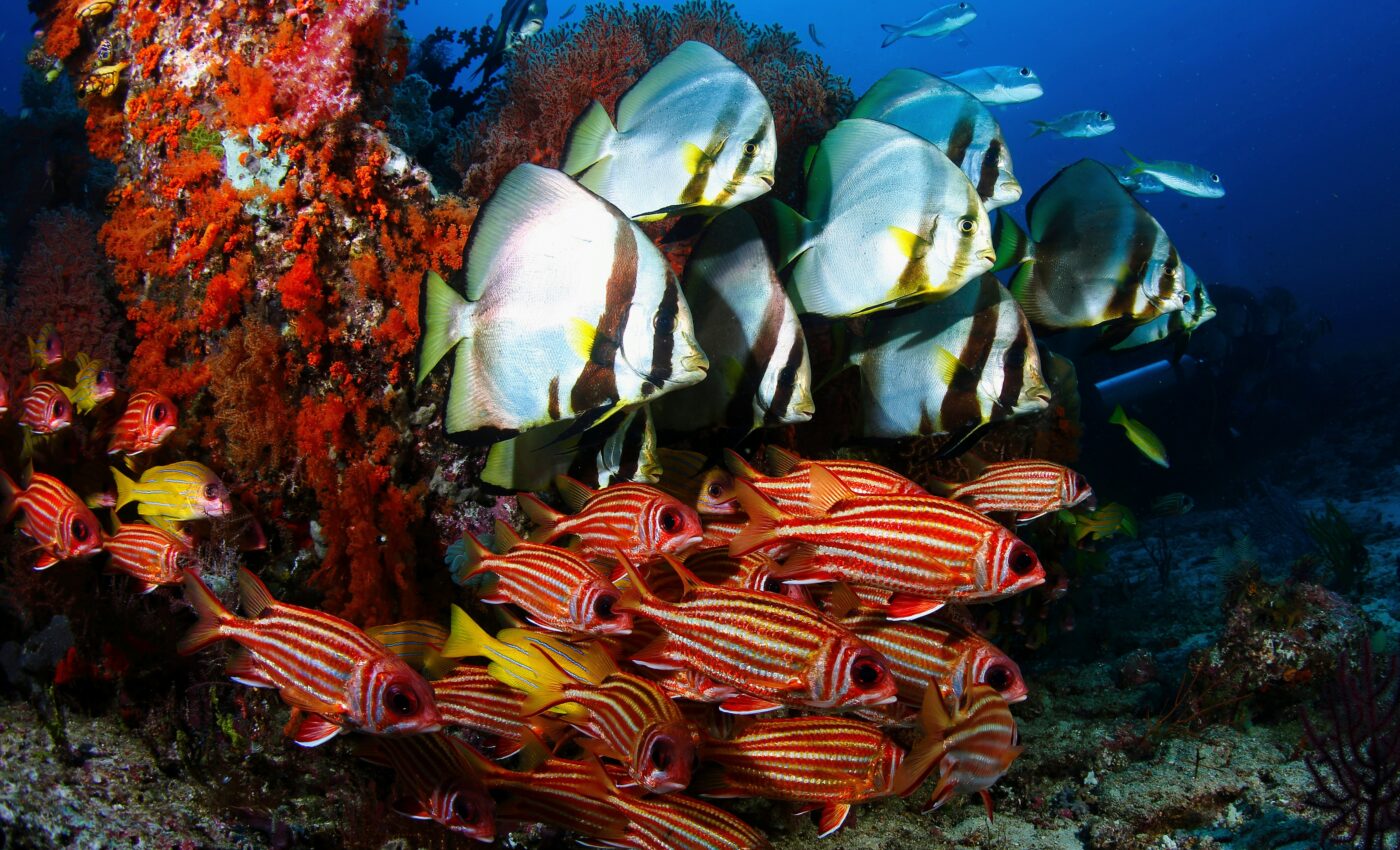
Marine biodiversity could shift rapidly due to climate change
Coral reefs are home to much of the biodiversity in the ocean, which is now suffering from the rise of marine heat waves. This has led to migration, where Atlantic species are now appearing more frequently in the Arctic.
Understanding how biodiversity will adapt to a warming ocean is difficult to identify because of the nature of evolution. While evolution allows species to adapt to new conditions, it also takes place over centuries, making it difficult to capture in laboratory experiments.
With the help of fossils, researchers can look into the past to evaluate how biodiversity changed during comparable climate changes. In a new study, marine geologists and palaeontologists from the University of Bremen and ecologists from the University of Oldenburg have analyzed fossil plankton species in the Atlantic Ocean after the last ice age.
As the oceans continued to warm, the experts found that many species migrated to higher latitudes, as expected. Surprisingly, new species groups also formed in the process, and these group changes did not occur entirely in step with ocean warming.
For the investigation, the researchers looked at species composition of fossil plankton from the North Atlantic during the last ice age 24,000 years ago to the present warm period. This allowed researchers to track how marine biodiversity changed throughout the North Atlantic with the onset of the last warming in Earth’s history (after the last ice age).
Unexpected patterns were discovered: the species composition of plankton continued to change even after temperature stabilized in the warm period.
“It has long been known that species assemblages change when their environment changes. For instance, when ocean temperatures rise, species migrate to higher latitudes. We can also observe this migration to higher latitudes in our data from the North Atlantic. But the amazing thing is that the ‘native’ species have not migrated at the same rate,” explained study co-author Anne Strack.
According to the researchers, this asymmetry between immigration and emigration led to the formation of novel species groups that did not exist anywhere on Earth during the ice age. “Even more astonishing, these newly thrown-together communities were not a transient phenomenon, but persisted for several thousand years,” noted Professor Michal Kucera.
The results provide important clues of how marine ecosystems will fare under continued ocean warming. The results also support computer simulations which suggest that future warming will lead to the formation of novel species communities.
The establishment of plankton communities could implicate key ecosystem functions through new direct or indirect ecological interactions. “This study also contributes to how we understand today’s rapid biodiversity change, because it shows us that we will not see the response of marine life to present-day environmental changes until far into the future,” said Professor Helmut Hillebrand.
The study is published in the journal Nature Ecology & Evolution.
Check us out on EarthSnap, a free app brought to you by Eric Ralls and Earth.com.
—
By Katherine Bucko, Earth.com Staff Writer













